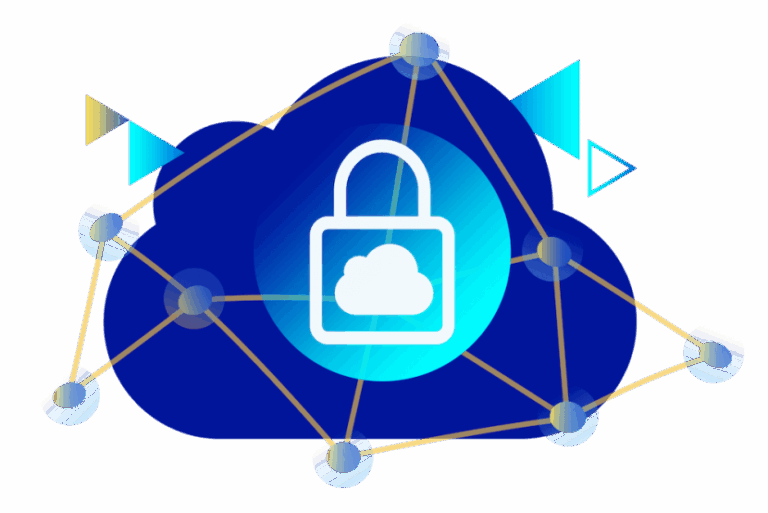Best Project Management Technology Tools: Powering Teams Toward Smarter Productivity
In today’s fast-paced work environment, success depends on more than just hard work it demands smart planning, seamless collaboration, and real-time visibility. That’s where project management technology tools come in. Designed to organize chaos and drive clarity, these platforms help businesses plan tasks, track deadlines, assign responsibilities, and align teams regardless of location or industry. Whether you’re managing a small team or leading enterprise-scale operations, the best project management tools in 2025 offer powerful features tailored for modern workflows, making them essential assets for productivity-driven professionals.
Streamlined Task Management That Keeps Everyone on the Same Page
At the heart of every great project management tool is the ability to organize tasks with clarity and precision. Tools like Asana, Trello, and ClickUp allow users to create detailed task lists, set priorities, assign owners, and visualize workflows through kanban boards, calendars, or Gantt charts. These platforms eliminate confusion by offering real-time updates and centralized task tracking. As deadlines shift or project scopes change, managers and team members stay informed and aligned reducing delays and keeping deliverables on track.
Real-Time Collaboration Across Teams, Time Zones, and Devices
Collaboration is no longer limited to emails and spreadsheets. Modern project management tools offer integrated messaging, file sharing, comment threads, and even video calls keeping conversations connected to the work being done. Platforms like Monday.com and Wrike go a step further with automations and integrations that connect tools like Slack, Google Workspace, and Microsoft Teams. This synergy allows for seamless communication between departments and remote teams, ensuring that feedback loops are quick and no task falls through the cracks.
Advanced Reporting and Analytics for Smarter Decision-Making
Data visibility is crucial when managing timelines, budgets, and resources. Project management software now includes built-in reporting features that allow teams to track project progress, evaluate workloads, and forecast deadlines. Tools like Smartsheet and Jira provide customizable dashboards and performance metrics that highlight roadblocks before they become issues. For executives and project leads, these analytics offer a high-level view of project health, making it easier to reallocate resources, manage risks, and justify investments with confidence.
Scalable Platforms for Every Business Type and Workflow
Not all teams work the same way and the best tools adapt accordingly. Whether you use Agile, Scrum, Waterfall, or a hybrid methodology, platforms like Notion, Basecamp, and Airtable provide flexible templates and workflows to suit different industries and team structures. Startups might prefer a lightweight solution with fast onboarding, while enterprise organizations may need role-based access, compliance tracking, and integrations with ERP systems. The scalability of modern tools ensures you won’t outgrow your software as your business evolves.
AI-Enhanced Features for Predictive Planning and Automation
The future of project management lies in smart automation and AI-powered assistance. Many tools now offer AI-driven suggestions, automated task assignment based on availability, and natural language processing for setting up tasks or goals. For example, tools like ClickUp and Hive use AI to predict timelines, optimize resource allocation, and even suggest next steps. These intelligent features reduce manual effort, improve forecasting, and help teams stay proactive instead of reactive maximizing productivity without increasing workload.
FAQs
Do project management tools work for freelancers or small businesses?
Yes, many platforms offer free or affordable tiers ideal for individuals or small teams looking to manage workflows efficiently.
Can I integrate these tools with existing apps like Google Drive or Slack?
Absolutely. Most modern project management tools come with native integrations for popular apps to streamline your workflow.
Is it necessary to have technical skills to use project management software?
No. These tools are designed with intuitive interfaces and templates, making them accessible to users across technical skill levels.
Are these platforms secure for managing sensitive projects?
Yes. Leading tools implement enterprise-grade encryption, role-based access controls, and compliance with standards like SOC 2 and GDPR.
What’s the best tool for Agile or software development teams?
Jira is widely regarded as a go-to for Agile development, though tools like Trello and ClickUp also offer robust Agile features.
